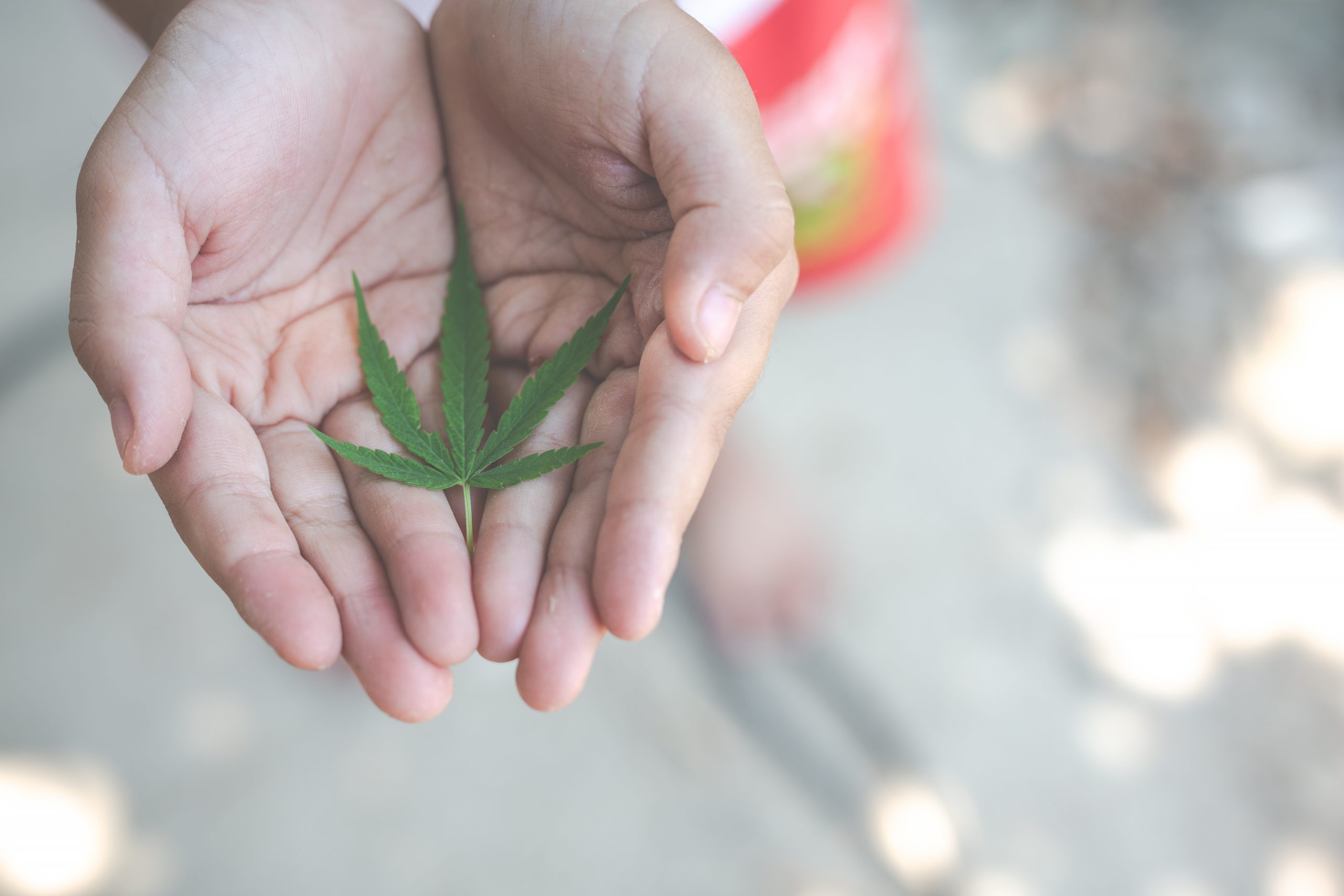

Researchers in the field of mental healthcare from McMaster University and St. Joseph’s Hospital Hamilton, both in Canada, have discovered data that suggests the usefulness of cannabis for treating mental diseases including sleeplessness and depression may depend on the intensity of the symptoms. The team examined data from a group of Strainprint mobile app users for their study, which was then published in the journal Comprehensive Psychiatry.
Previous studies and anecdotal data have suggested that cannabis may help some persons with mental health issues by easing their symptoms. The researchers in Canada examined the effects of cannabis on persons who suffer from depression, sleeplessness, excessive irritability, PMS, PTSD, and intrusive thoughts in this latest effort.
They did this by gaining access to data from Strainprint users who frequently have such mental problems. Users of the app can keep track of the condition they have, how severe their symptoms are, the dosage of cannabis they are using to treat it, the product they are using, and how they are utilizing it (edible, oil, flower, etc.).
The researchers discovered certain patterns after gathering, evaluating, and applying the data from 1,300 adult users. They also out that the effectiveness of cannabis in symptom relief may depend on the severity of the symptoms. For instance, they discovered that many users who reported feeling high after using cannabis reported little to no relief from depression. In fact, some people said that it made their symptoms worse.
Yet, a lot of users who admitted to having mild depressive symptoms said that cannabis helped with those symptoms. The contrary appeared to be true, in stark contrast, for individuals who were experiencing sleeplessness. Numerous cannabis users who admitted to experiencing modest symptoms discovered that it had no effect on their ability to fall asleep. Yet, many of them who complained of severe symptoms discovered it was beneficial. The team’s findings imply that it may be feasible to anticipate whether consuming cannabis will assist to lessen various mental health symptoms.
The study’s authors note that its limitations should be taken into consideration when interpreting its findings, especially for people who use cannabis products to treat their own mental health issues.
more recommended stories
 Pediatric Crohn’s Disease Microbial Signature Identified
Pediatric Crohn’s Disease Microbial Signature IdentifiedKey Points at a Glance NYU.
 High-Fat Diets Cause Damage to Metabolic Health
High-Fat Diets Cause Damage to Metabolic HealthKey Points Takeaways High-fat and ketogenic.
 Can Too Many Antioxidants Harm Future Offspring?
Can Too Many Antioxidants Harm Future Offspring?Key Takeaways High-dose antioxidant supplementation in.
 Human Antibody Drug Response Prediction Gets an Upgrade
Human Antibody Drug Response Prediction Gets an UpgradeKey Takeaways A new humanized antibody.
 Dietary Melatonin Linked to Depression Risk: New Study
Dietary Melatonin Linked to Depression Risk: New StudyKey Summary Cross-sectional analysis of 8,320.
 Type 2 Diabetes Risk Identified by Blood Metabolites
Type 2 Diabetes Risk Identified by Blood MetabolitesKey Takeaways (Quick Summary) Researchers identified.
 Microglia Neuroinflammation in Binge Drinking
Microglia Neuroinflammation in Binge DrinkingKey Takeaways (Quick Summary for HCPs).
 Durvalumab in Small Cell Lung Cancer: Survival vs Cost
Durvalumab in Small Cell Lung Cancer: Survival vs CostKey Points at a Glance Durvalumab.
 Rising Chagas Parasite Detected in Borderland Kissing Bugs
Rising Chagas Parasite Detected in Borderland Kissing BugsKey Takeaways (At a Glance) Infection.
 Can Ketogenic Diets Help PCOS? Meta-Analysis Insights
Can Ketogenic Diets Help PCOS? Meta-Analysis InsightsKey Takeaways (Quick Summary) A Clinical.

Leave a Comment